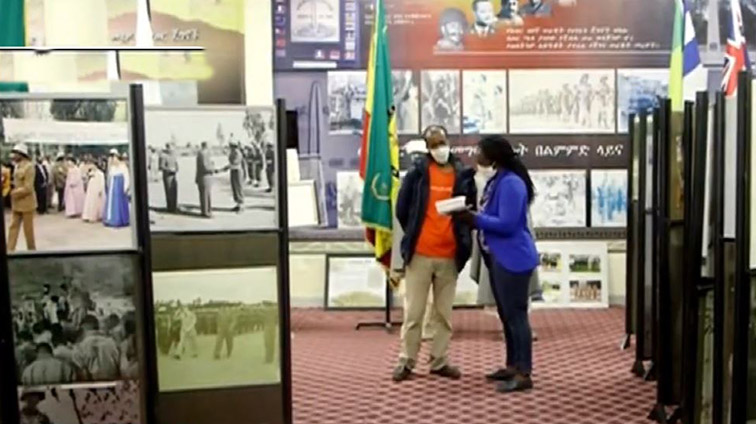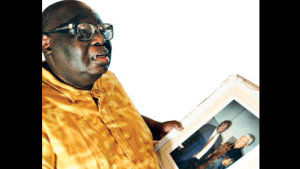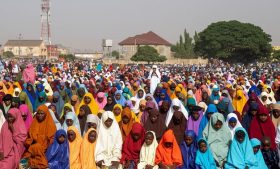This year marks the 70th anniversary of the Korean War. Two African nations joined American-led United Nations forces back in the 1950s – Ethiopia and South Africa.
Both countries sent hundreds of troops thousands of miles away to fight against North Korea. Their contributions and sacrifices are recognised at a museum created by Ethiopian war veterans in Addis Ababa.
The South African flag stands proudly among others in this museum in Addis Ababa. One of only two from Africa. They represent the Korean War, fought in the 1950s, between North and South Korea.
The Ambassador of the Republic of Korea to Ethiopia, Lim Hoonmin says, “Korea became independent in 1945 from Japanese colonial rule. Five years later the Korean war broke out in 1950 so you can imagine how much of a hardship it was for this newly born country. But South Korea was not alone. More than 20 countries from all over the world sent their troops to help South Korea in securing their freedom” says Lim Hoonmin, the Ambassador of Republic of Korea to Ethiopia.
SABC’s Coletta Wanjohi reports from Addis Ababa:
South Africa was a founding member of the newly formed United Nations and sent hundreds of air force officers and personnel to join US-led UN forces in the Korean peninsula, 37 of whom are believed to have lost their lives.
A war veteran from Ethiopia, Colonel Melesse Tesema, remembers fighting with South African troops.
President of Ethiopia-Korean war veteran Association says, ”South Africa at that time was under the colony of British. I’m surprised when they say South Africa attended the call, but at the time, there were some South Africans, black Africans who were crew members of the Air Force, only crew members so they attended there because of their sort of job “South Africa fought alongside the only other African County, Ethiopia which sent over 6000 soldiers. The first country had fought outside the continent. Less than 200 Ethiopian war veterans are still alive now.
Mustefa Kemal, the tour guide at the museum, is son to one of those who have already passed away.
“I work here voluntarily because my father is part of this story, so to keep his story and to transfer it to the next generation, I’m happy to serve.”
Following the war, South Africa joined the United Nations Command, the United Nations Command Armistice Commission. However, during the apartheid era, South Africa’s membership of these bodies was suspended.It was later reinstated in 2010.
It may be 70 years on, but the memories of the contribution of South Africa made, remain fresh here both here in this Addis Ababa museum, and thousands of miles away in the UN’s memorial cemetery in South Africa.






